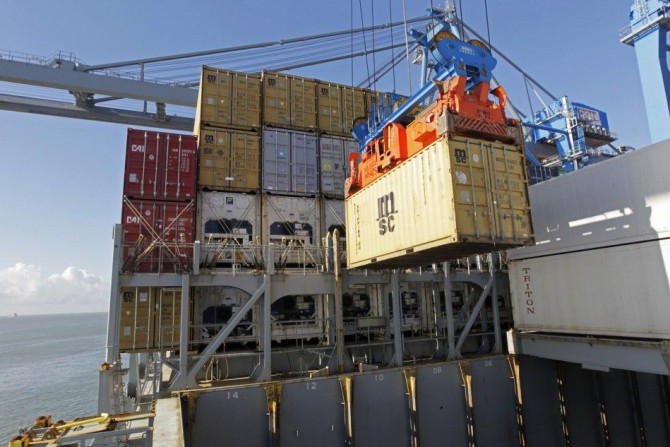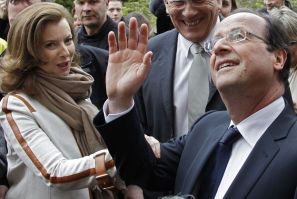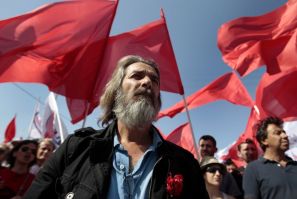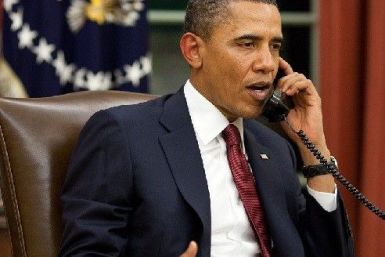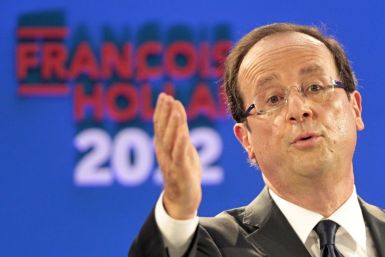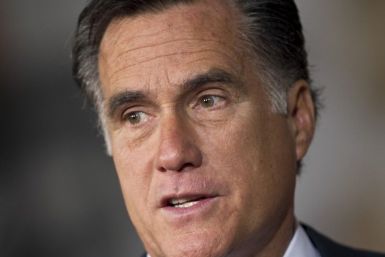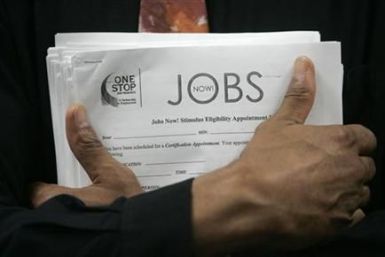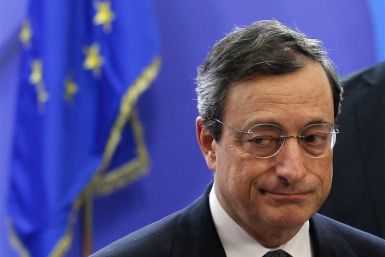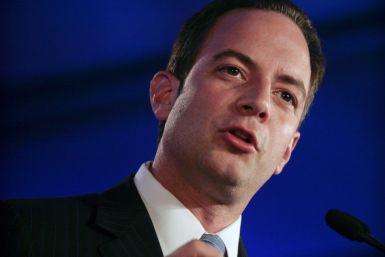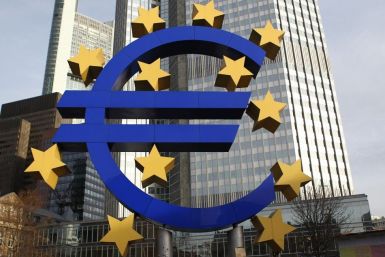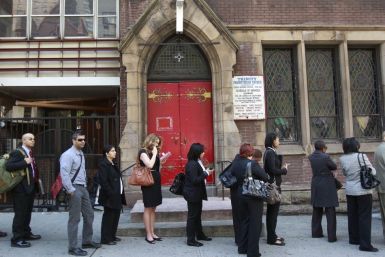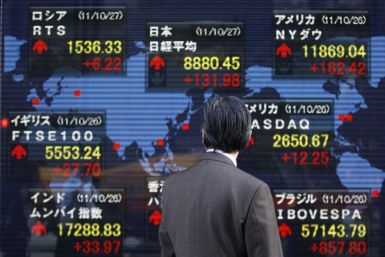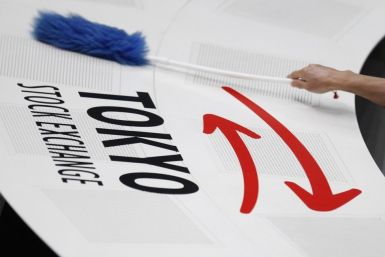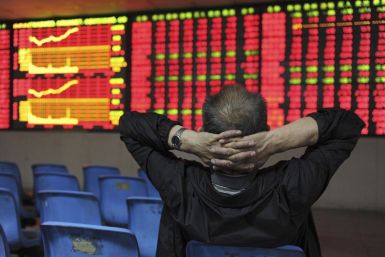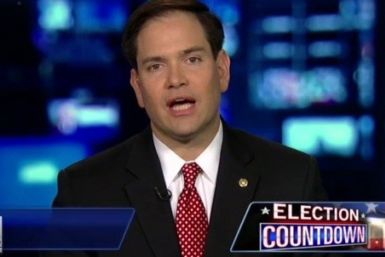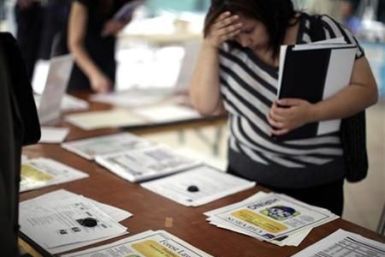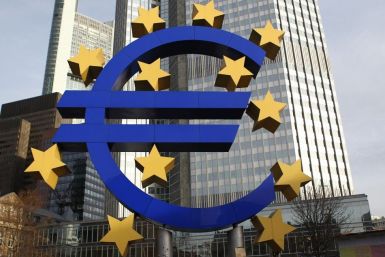In some U.S. presidential election years, one issue dominates, and that's likely to be the case in 2012. The issue: jobs, and so far the Obama administration's policies have not created enough. President Barack Obama needs to find ways to create more jobs, if he hopes to be re-elected.
European stocks plunged Friday on fears a victory by the Socialist candidate in France's presidential election could upend prospects of setting the continent's second-largest economy on a sound footing.
Mitt Romney appeared Friday on Fox to discuss the April jobs report showing 115,000 jobs added, far lower than expected.
Unlike in France, where voters choose between two distinct candidates (conservative Nicolas Sarkozy and Socialist Francois Hollande), the Greek election is more complicated.
The U.S. economy added far fewer jobs than expected in April, while the unemployment rate edged down as more people gave up hope of finding jobs, reinforcing the fear that the job market recovery could be losing steam.
Futures on major U.S. stock indices point to a higher opening ahead of key U.S. monthly nonfarm payrolls and unemployment data from the government.
Employers likely increased hiring in April, although not enough to lower the country's 8.2 percent jobless rate, keeping pressure on President Barack Obama ahead of his November re-election bid.
The European Central Bank made a show of that organization's immense political and economic force Thursday, rattling world markets with news it had not even considered lowering benchmark euro lending rates and, more provocatively, having its top banker lecture European politicians on the eve of what are expected to be decisive election in two European countries.
German car companies won in April as domestic sales rose 2.9 percent, bucking a wider euro zone trend of declining sales, but exports of German-made cars fell substantially last month.
The risk of inflation is keeping the Federal Reserve from doing more to support the U.S. economy, even though the threats to price stability are reasonably contained at present, a Fed official said Thursday.
The 50th annual National Day of Prayer is upon us, and President Barack Obama has asked the U.S. faithful to collectively summon their religious zeal, praying for the greater good of the nation and the world. Here are five things that may slip your mind when asking for the benevolence of your Lord.
The Republicans have a new message: the president of Hope and Change is now the president of Hype and Blame.
The euro (EUR) continues to weaken against the U.S. dollar (USD) due to growing concerns over the political and economic situations in the region, with the latest dismal data and elections in France and Greece likely to put further downward pressure on the single currency.
Nonfarm productivity fell in the first quarter as companies hired more workers to maintain output, but a moderate rise in wages suggested little pressure on company profits and inflation.
Fewer Americans than expected filed for jobless benefits last week, which came as a welcoming relief as investors held their breath and waited for Friday's jobs report numbers to come out.
Asian stocks fell Thursday as weak economic data from the Eurozone and the US raised concerns over the strength of global economic recovery.
Asian stock markets declined on Thursday as weaker-than-expected economic reports from the US and Europe dampened investor sentiment.
A disappointing ADP Employer Services jobs report issued Wednesday, which showed a still-sluggish U.S. job market, drove U.S. and European markets down and signaled that a key report on employment at the end of the week could be grim.
Mitt Romney's process of selecting a vice presidential nominee has begun in earnest , and U.S. Sen. Marco Rubio (R-Fla.) is the slight favorite to be the pick, according to sportsbook.com.
Hiring in the U.S. probably picked up somewhat in April after a disappointing showing in March renewed fears of another spring slump in the labor market, economists said in anticipation of the April non-farm payroll report due Friday.
Euro zone manufacturing shrank at the sharpest level in nearly three years, sending the euro falling against the dollar and raising more concerns for the region.
Alsop?s columns appeared in 300 newspapers and were read widely by D.C. elites


